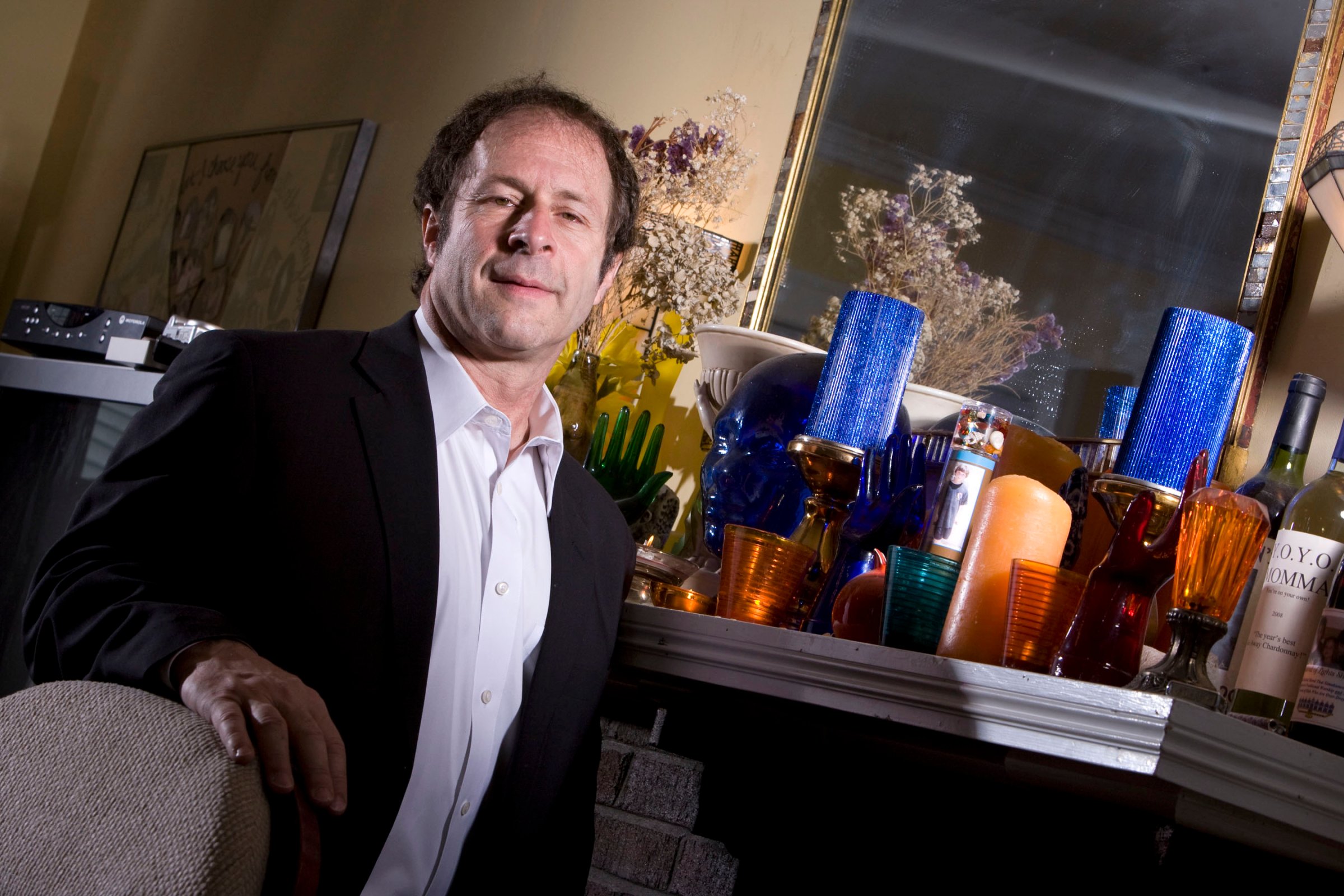
It was only after U.S. veteran Jonathan Lubecky pulled the trigger on a loaded gun aimed at his head and it misfired that he finally decided to seek help. He had tried to commit suicide five times, after struggling with post-traumatic stress disorder (PTSD) as a result of 12 years in the Marines and the Army, including service in Iraq.
Like many ex-servicemen and women experiencing mental health issues, Lubecky went to the Department of Veterans’ Affairs (VA). But none of the treatments offered there worked for him. The only two drugs approved by the Food and Drug Administration for PTSD, Zoloft and Paxil, were more effective in women than in men, and didn’t work for combat-related PTSD. Out of desperation, he volunteered as a subject in an experimental study of MDMA-assisted psychotherapy for chronic, treatment-resistant PTSD in veterans, firefighters and police officers.
The study was sponsored by the non-profit research and educational organization I founded, the Multidisciplinary Association for Psychedelic Studies (MAPS), and funded entirely by private donations. Because of the stigma associated with illegal drugs—MDMA is what the party drug, ecstasy contains, though the pills are often impure—MAPS was unable to get grants from the Department of Defense, the Veterans Administration or the National Institute of Mental Health, despite there being over 868,000 veterans with PTSD receiving monthly disability payments from the VA at an estimated cost of $17 billion per year.
Read more: You will change your mind about psychedelic drugs after hearing Michael Pollan’s experience
The treatment being tested by the study involved three day-long administrations of MDMA about a month apart, and 12 sessions of psychotherapy within a three-and-a-half-month process.
After his treatment with MDMA-assisted psychotherapy, Lubecky managed to heal from his PTSD to the point that he became National Veterans Director for Senator Rand Paul’s 2016 presidential primary campaign. His recovery is not unusual. On May 1, The Lancet Psychiatry published a scientific paper about the study Lubecky volunteered for; it reported that two-thirds of the 26 veterans, firefighters and police officers treated no longer qualified for a diagnosis of PTSD one month after their second MDMA session, with their reduction of PTSD symptoms lasting over time.
If Big Pharma were to try to create from scratch a drug optimized to treat PTSD, MDMA would be that drug. Big Pharma, in the form of Merck, did invent MDMA in 1912, but had no idea what it had created. Merck tested MDMA in animals in 1927 and again in 1959 but the research gave no clues about MDMA’s therapeutic potential. MDMA is now out of its patent restrictions, another reason for MAPS’ non-profit drug development efforts.
PTSD changes people’s brains, increasing activity in the amygdala, where fear is processed, and reducing activity in the prefrontal cortex, where rational decision-making takes place. MDMA does the opposite, decreasing activity in the amygdala and increasing activity in the prefrontal cortex. MDMA also stimulates the release of the hormones prolactin and oxytocin, associated with bonding, affiliation and love, facilitating the therapeutic alliance between patient and therapist and increasing the effectiveness of psychotherapy. MDMA also stimulates the release of the neurotransmitters serotonin, dopamine and norepinephrine, producing a complex symphony of effects that help the drug enhance psychotherapy.
The organization is also sponsoring research into the use of four different kinds of smoked cannabis (THC, CBD, THC/CBD combination and a placebo) in 76 veterans with chronic, treatment-resistant PTSD. This study took seven years to obtain all the approvals, is funded by a $2.15 million grant to MAPS from the State of Colorado, and enrollment is about 75% completed. Unlike MDMA-assisted psychotherapy, marijuana for PTSD is usually self-administered on a daily basis to control symptoms, and is used for months or years, with symptoms often returning after cessation of use. Marijuana is reported by many veterans to be helpful for PTSD, but MAPS’ study is the first double-blind, placebo-controlled study ever conducted.
U.S. and global drug prohibition has for decades delayed medical research into the healing properties of Schedule 1 drugs. Now that this research is finally being conducted, we’re learning that enormous suffering and many suicides could have been prevented over these decades. It’s long past time for the mainstreaming of the medical use of psychedelics and marijuana, and for replacing prohibition and criminalization with public health approaches to reducing drug abuse. In a post-prohibition world, we’ll finally recognize that.
Doblin is a speaker at the Oslo Freedom Forum 2018.
More Must-Reads from TIME
- Cybersecurity Experts Are Sounding the Alarm on DOGE
- Meet the 2025 Women of the Year
- The Harsh Truth About Disability Inclusion
- Why Do More Young Adults Have Cancer?
- Colman Domingo Leads With Radical Love
- How to Get Better at Doing Things Alone
- Michelle Zauner Stares Down the Darkness
Contact us at letters@time.com